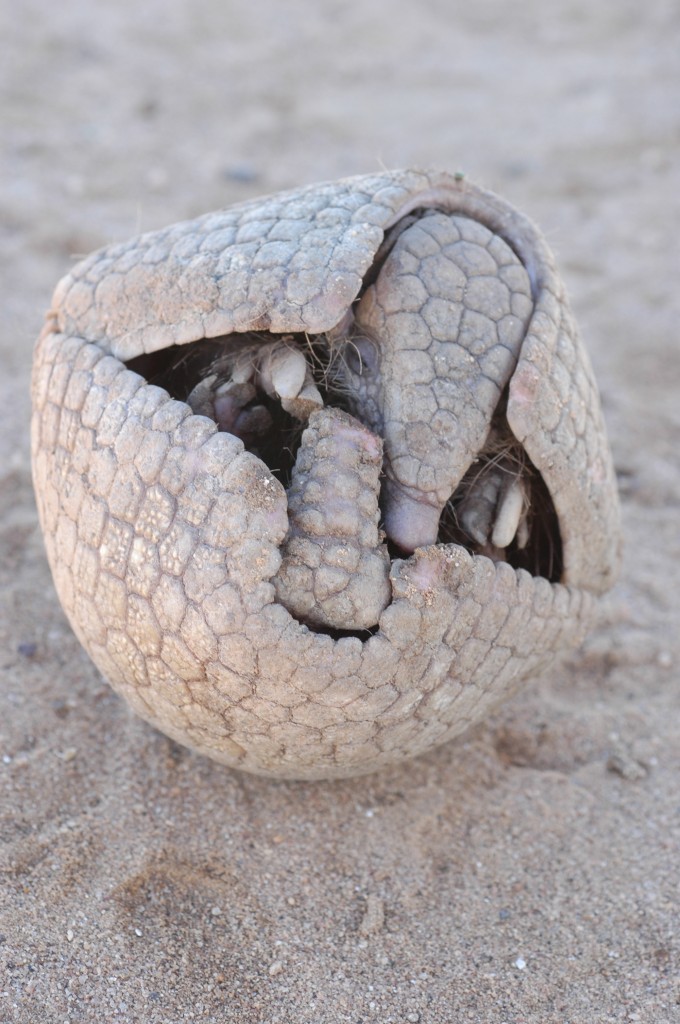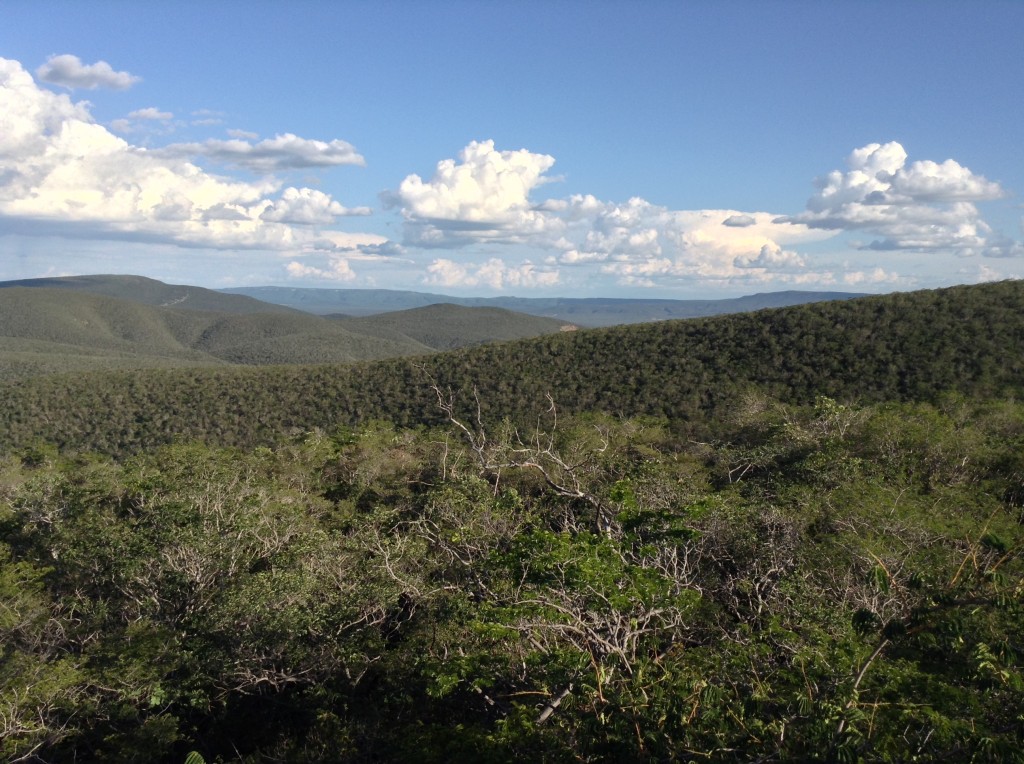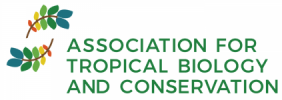Brazilian scientists receive international backing for the FIFA World Cup to deliver on promised conservation goals
The Association for Tropical Biology and Conservation (ATBC), the world´s largest scientific society working on conservation issues in the tropics calls upon both FIFA and Brazil to seize the unique opportunity presented by the 2014 World Cup to raise the profile of Brazil´s globally important biodiversity and score a green goal for sustainable development. We propose that significant progress towards this goal can be achieved through work in two specific areas.
First, the world’s biggest football championship, the FIFA World Cup adopted a threatened species as the official competition mascot. The Three-Banded Armadillo (Tolypeutes tricinctus) was a great choice because it lives in an ecosystem – the Caatinga – unique to Brazil, and is known for its ability to turn itself into a ball. The given name to the mascot, Fuleco comes from the fusion of the Portuguese words for football (“futebol”) and ecology (“Ecologia”) and according to FIFA’s marketing strategy it seeks to use the mascot to help promote improved environmental stewardship in Brazil and elsewhere.
However, the ATBC is deeply concerned that despite using the Fuleco as the official mascot of the Brazilian World Cup, this recognition has not been supported by efforts to protect this iconic species and its habitat. This is an enormous missed opportunity. The ATBC calls upon Brazil and FIFA to create a protected area dedicated to conserve the Brazilian Three-Banded Armadillo. The Caatinga forest where this charismatic animal lives is a biologically rich and unique ecosystem that currently receives the least protection of all Brazils six major biomes[1]. As the FIFA mascot, the Fuleco can serve as a powerful flagship for securing the protection of this extraordinary ecosystem.
Second, the ATBC calls upon the partnership between FIFA and Brazil to give life to the 2011 “Parques da Copa” – World Cups Parks – proposal which pledged an investment of some R$ 668 million in the infrastructure and development of federal, state and municipal parks in areas close to the 12 cities which are hosts to the World Cup matches. Brazil is recognized globally for its environmental leadership with unparalleled reductions in Amazon deforestation in the last decade and one of the largest terrestrial protected areas systems in the world. Yet this protected area system, and the benefits it delivers in protecting biodiversity and the services ecosystems provide for people, such as flood protection, needs more funding to deliver on its goals. The ATBC calls on FIFA, and the member nations who are travelling to Brazil to participate in the 2014 World Cup, to step up to their promise and stand firmly behind the vision that inspired Fuleco by investing the financial support pledged in 2011 to turn the Parques da Copa from a mere proposal to real conservation action on the ground.
Contact
Dr. Felipe Melo, Federal University of Pernambuco. Email: felipe.plmelo@ufpe.br. Tel: +55 81 21268348
Dr. Toby Gardner, Stockholm Environment Institute. Email: toby.gardner@sei-international.org. Tel: +46 70-363 49 40



